AeroGenie — Uw intelligente copiloot.
Trending
Categories
RAKTA Develops Air Taxis; AirAsia Partners with DerbySoft; AI Payment Advances; Travel Expenses Overview
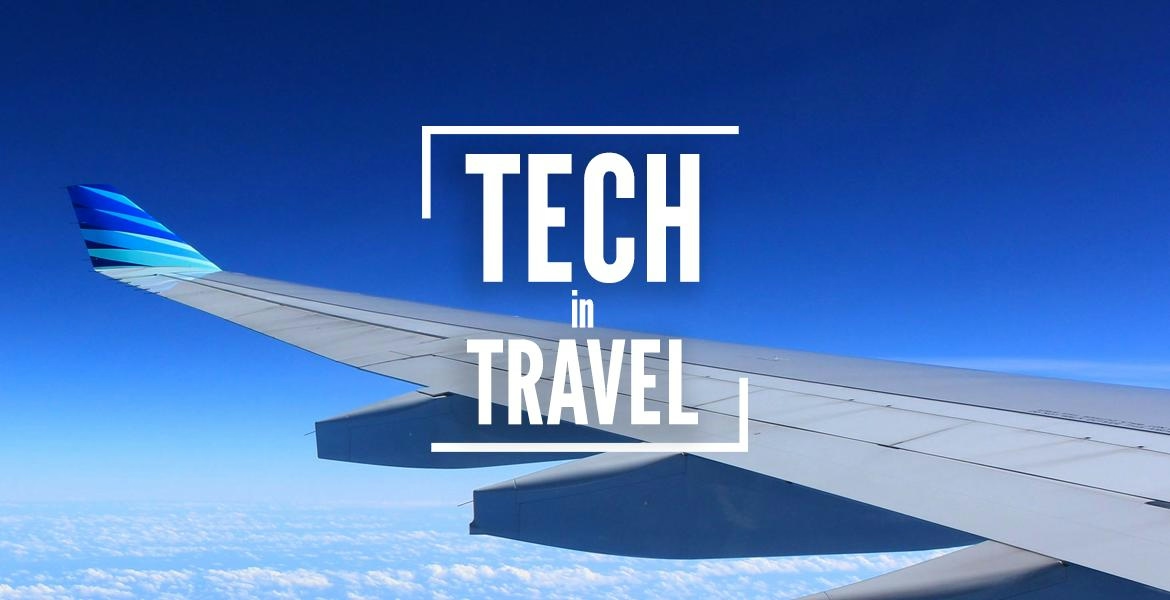
Ras Al Khaimah to Introduce Electric Air Taxis by 2027
Ras Al Khaimah is poised to become the first emirate in the United Arab Emirates to offer electric air taxi services, following a strategic partnership between the Ras Al Khaimah Transport Authority (RAKTA), Joby Aviation, and Skyports. This collaboration aims to deploy Joby’s zero-emission electric vertical takeoff and landing (eVTOL) aircraft alongside Skyports’ vertiport infrastructure by 2027. The initiative promises to revolutionize regional transport by providing high-speed, sustainable connections across the emirate. For instance, the journey from Dubai International Airport to Al Marjan Island, which currently takes over an hour by car, is expected to be reduced to under 15 minutes by air.
This air taxi network is a cornerstone of RAKTA’s 2030 Mobility Master Plan, targeting key destinations such as Al Marjan Island and Jebel Jais. Despite its ambitious vision, the project faces several challenges, including securing regulatory approvals, developing the necessary infrastructure, and achieving public acceptance. Industry observers recognize the potential for this service to redefine convenience and efficiency in regional transportation. Meanwhile, competitors may respond by entering the air taxi market or enhancing their existing mobility solutions to maintain relevance.
Advances in Airline Distribution and AI-Driven Travel Solutions
In the airline distribution sector, DerbySoft has launched its Global Data Network (GDN) for flights, a decentralized, API-driven platform designed to provide airlines, online travel agencies (OTAs), and travel agencies with more direct and flexible access to flight inventory and data. AirAsia is the first airline to join this network, gaining greater control over its inventory and traveler data, as well as the ability to customize ancillary offers with greater precision. By moving away from traditional hub-and-spoke models, the GDN facilitates dynamic pricing and improved content sharing. While this partnership promises enhanced operational efficiency and customer satisfaction, integrating the new technology into existing systems and encouraging customer adoption remain significant hurdles. Industry analysts anticipate that competitors will likely adopt similar technologies or upgrade their distribution platforms in response.
On the technology front, a global survey conducted by Amadeus reveals that 64% of travelers are willing to pay for an AI assistant capable of providing in-trip information such as updates, recommendations, and navigation. Notably, 17% of respondents indicated a willingness to pay up to 5% of their total trip cost for such services. The survey, which gathered responses from 9,500 travelers across major markets, underscores the growing demand for AI-driven travel solutions. However, the widespread adoption of AI payment systems faces challenges including regulatory compliance, cybersecurity risks, and integration with existing financial infrastructures. Despite these obstacles, the market recognizes the potential for AI to enhance transaction security and efficiency, prompting competitors to explore similar AI-powered payment innovations.
Unified Travel and Expense Management Platform Unveiled
In the corporate travel arena, SAP Concur and American Express Global Business Travel (Amex GBT) have jointly launched “Complete,” a unified travel and expense platform that integrates booking, servicing, payments, and expense management. This platform combines Amex GBT’s extensive marketplace—featuring over 600 airlines and two million properties—with Concur’s enterprise software, delivering richer content, AI-driven personalization, and a seamless user experience. By embedding Amex GBT’s Egencia into Concur Expense, the system offers real-time insights, improved policy compliance, and streamlined account management.
This development reflects a broader industry trend toward more efficient and cost-effective travel solutions. As demand for integrated platforms continues to grow, competitors are expected to enhance their offerings or develop new solutions to address the evolving needs of travelers and corporate clients alike.
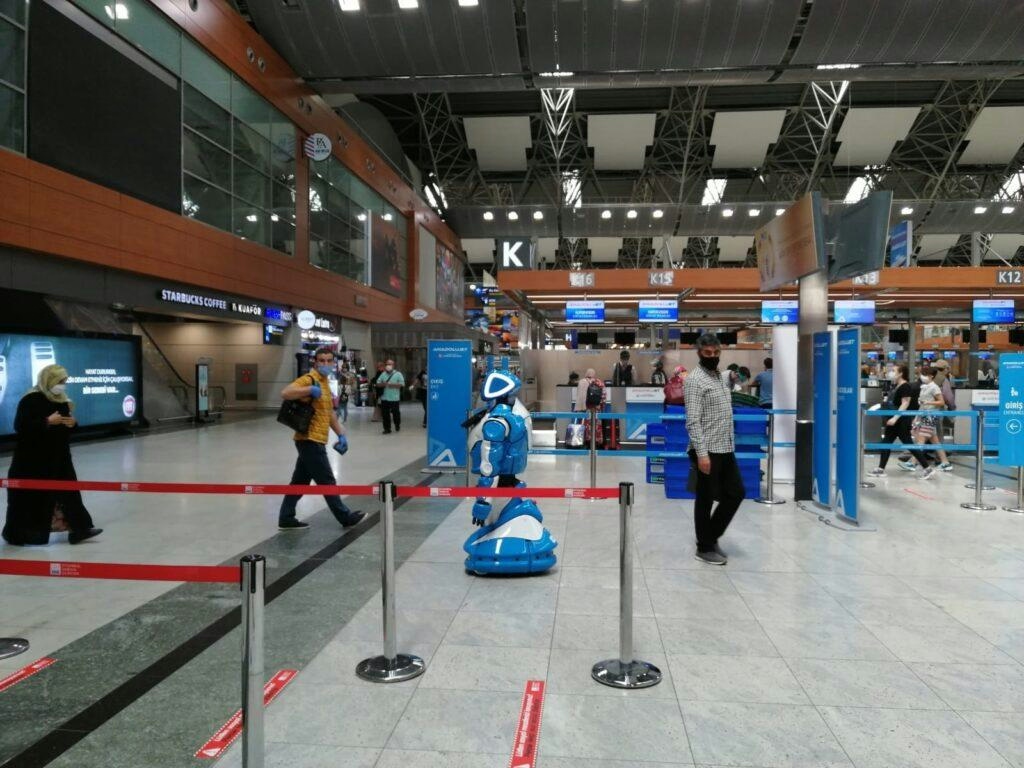
Malaysia Airlines Introduces AI Assistant ‘Mavis’ to Enhance Passenger Support

FAI Aviation Group Overview
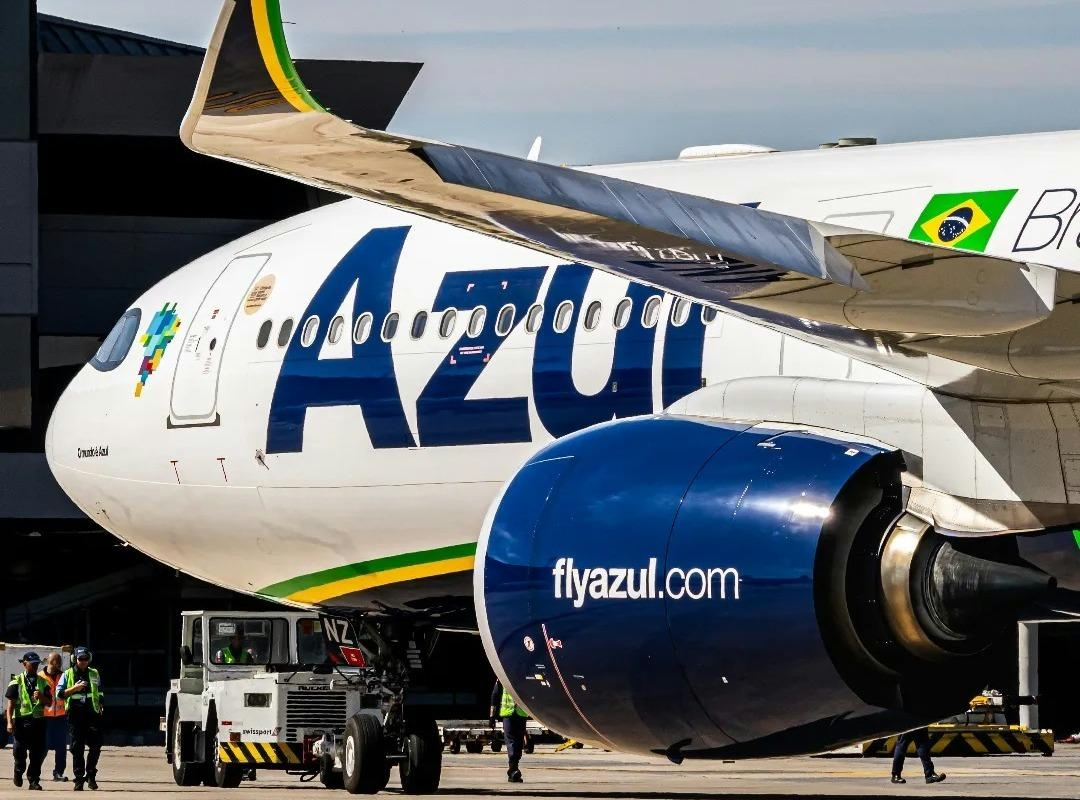
Azul Emerges from Chapter 11 Following Restructuring
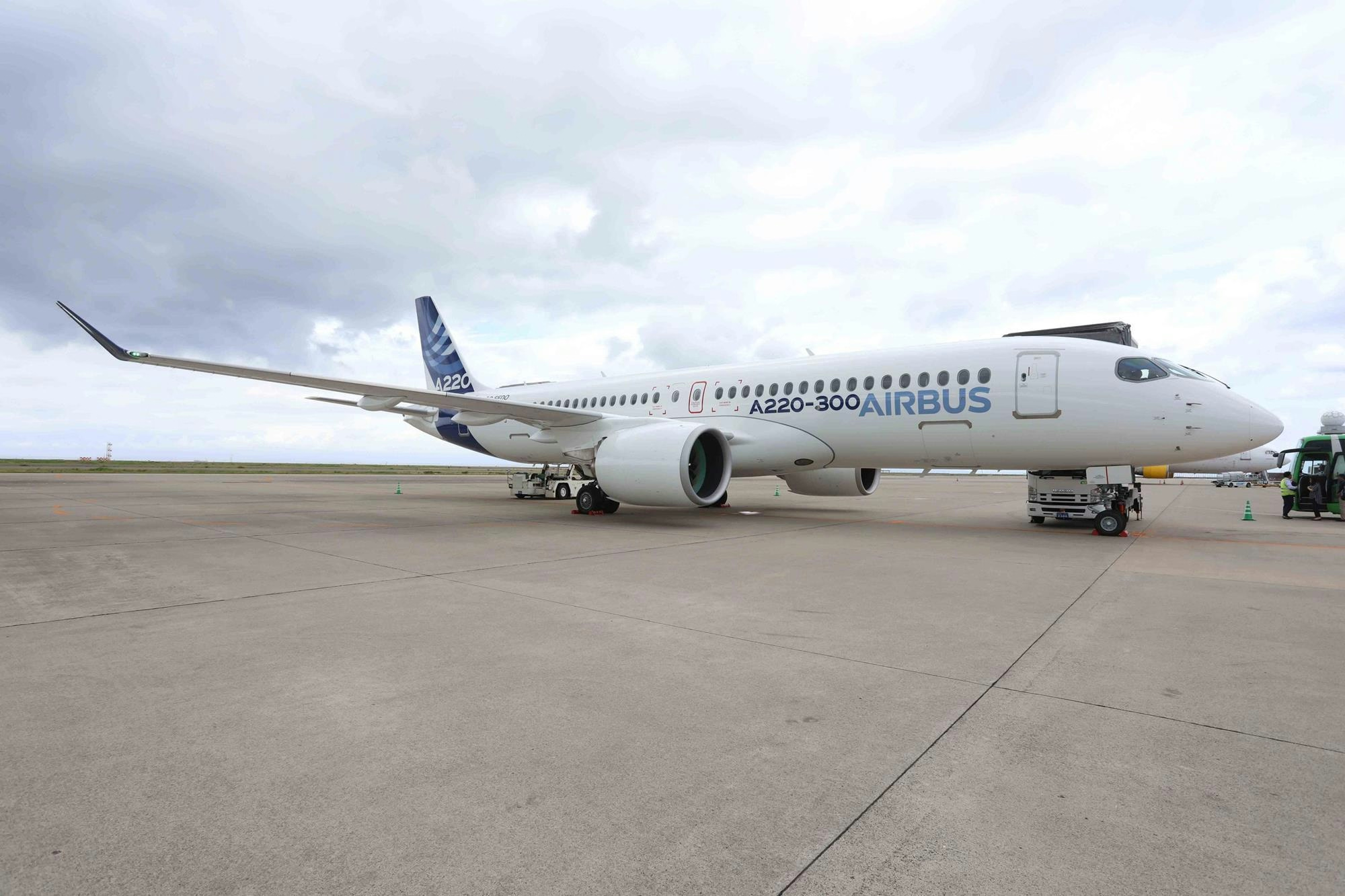
LS Technics Becomes Poland’s First A220-Certified MRO

Oneworld Names Ole Orvér as CEO
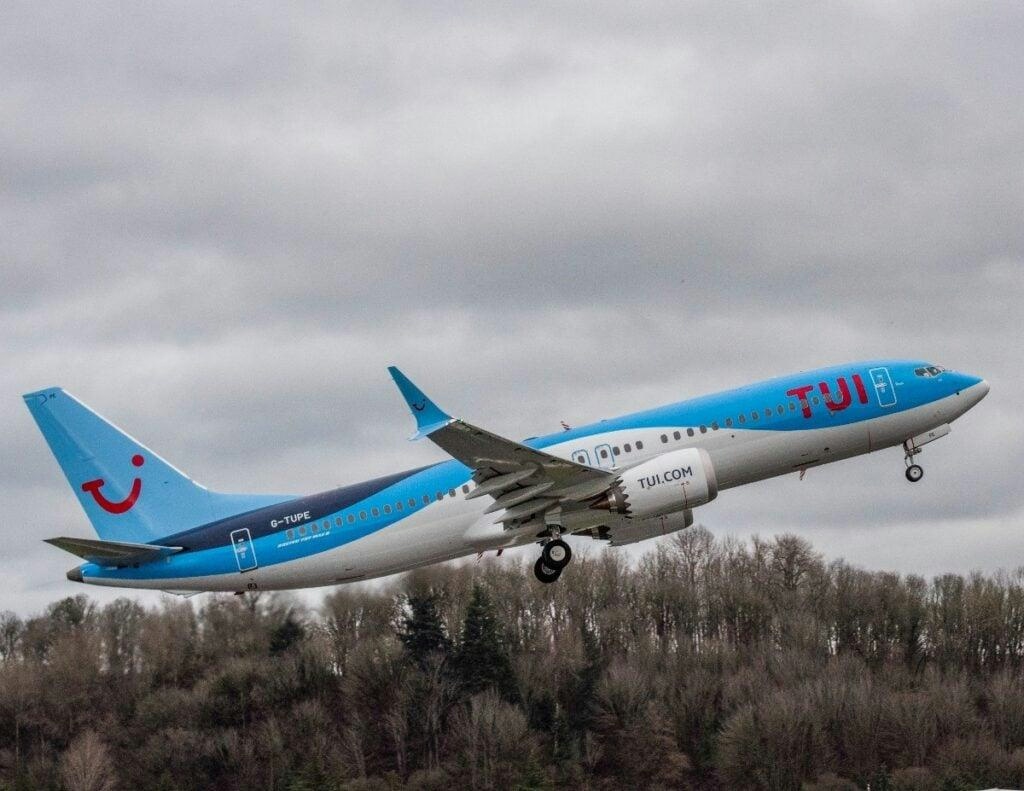
ABL Delivers Second 737 MAX 8 to TUI

How Operational Pressure Drives Airlines to Adopt Agentic AI

Bentley Uses Sustainable Aviation Fuel for Luxury Car Deliveries

Understanding FSC 55: Lumber, Millwork, Plywood, and Veneer in Aerospace Supply Chains
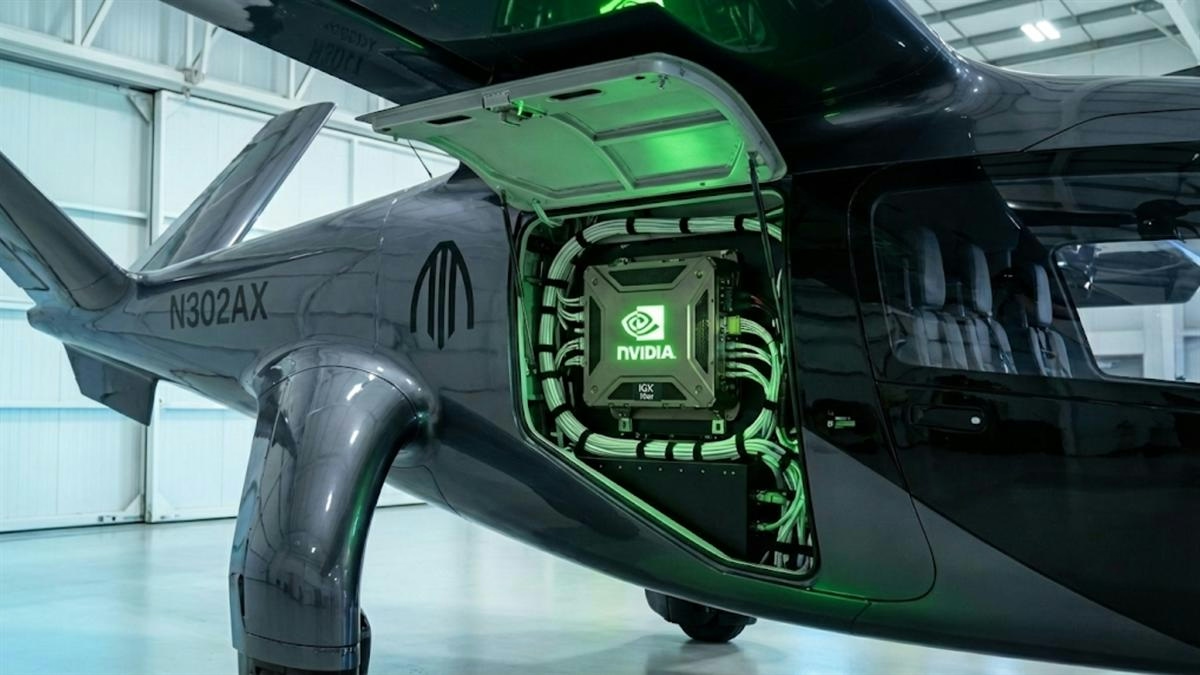
Archer Aviation’s UK AI Flight Hub and NVIDIA Partnership Shift Investment Outlook
